Occurrence and cultivation of the Bärlapp

Lycopodium clavatum is a moss that grows in subarctic and temperate areas in open forests, meadows and mountains. There are also large artificial cultivation areas in China and Eastern Europe. Its piston-like fruit clusters produce a fine yellow spore powder, which is used as a plant extract to treat various diseases.
Bärlapp is a persistent soil creeper with moss-like leaves. The small forked branches run upwards, where the fruit spikes with the small leaflets grow. These shoots can grow between 10 and 15 tall. The evergreen medicinal plant does not bloom. There are over four hundred different species that have existed for millions of years. The spore containers are located between the leaves. They can be easily extracted by tapping the ears of the fruit.
These produce the yellow spores, which are harvested from August to September. The herb is collected from May to September. The popular name witch's meal is due to the fact that the spores were thrown into the fire in medieval rituals due to their high flammability, where they burn with pyrotechnic effects such as flying sparks, loud bangs and heavy smoke. Other well-known names are Wolf tendril, Wine green, Drudenfoot, Gout moss, Snake moss, Witch herb and Devil's claw.
The name Bärlapp goes back to the old German term "lappo", which means something like "flat hand". According to many people, the soft tips of the stems resemble the paws of a bear, which is why the plant was given this name. An animal was also the inspiration for the scientific name. The word component "lycos" comes from the Greek language and stands for wolf and foot. Because of its furry appearance and fine hairs, the wolf tendril reminds many people of a wolf's paw.
In Germany, the collecting of bear moss is forbidden because it is under nature conservation and on the red list of endangered plants because of its endangerment. Due to this legislation, the plant is imported from China and Eastern Europe for the manufacture of pharmaceuticals.
Effect & application
Externally, the spore powder is used effectively against various skin diseases. Drunk as tea, Bärlapp works against all diseases of the urinary system. In this area, the gout moss is used as a soothing wound powder that leaves a cooling feeling on the irritated skin. The medicinal herb is also good for the metabolism, as it stimulates the excretion of urine and at the same time frees the body of all sorts of undesirable pollutants.
For this reason, the use of Bärlapp is indicated for gout and rheumatism. Folk medicine uses not only the spores but the herb as well. Bärlapp is also effective for kidney semolina, kidney colic, sores in babies, liver congestion, varicose veins, bloating, loss of appetite, flatulence, shortness of breath, coughing and larynx irritation, and inflammation of the genitals.
It has anti-inflammatory, diuretic, emetic (induces vomiting), piscicidal (toxic), diuretic (urinary excretion), antipyretic and irritant effects. The ingredients are lycopodin, clavotoxin, clavatin, fatty oil, organic acids, glycerin, palmitin, arachin, stearin, citric acid, hydrocaffeic acid and malic acid. Pharmacists use Bälapp powder to dust prepared tablets.
They also offer the dried plant extracts as a tea preparation. The spores are rich in fatty oils and the herb is fortified with various alkaloids that make devil's claw so valuable for treating skin diseases.The powder enriched in the ears has a cooling effect, which is why it is so good for treating sore skin.
Importance for health, treatment & prevention
Since the herb is poisonous, Bärlapp is rarely used unprocessed. Especially for lay people who do not have sufficient knowledge of herbs, there is a risk of overdosing or incorrect use of the drug. In this case, the gastrointestinal tract can be delicately disturbed by vomiting, nausea and abdominal pain. A risk of confusion with extremely poisonous and similar-looking plants is possible.
However, when used as homeopathic extracts, the components of the medicinal plant are harmless. The spores do not contain any toxic substances. Lycopodium is one of the most important constitutional remedies in homeopathy in the form of globules, tablets and drops in potencies D12 to D30. In general, the Bärlapp is one of the so-called "big remedies" in alternative medicine because of its wide range of effects, since it is used in addition to liver, gallbladder, urinary tract, kidney and skin diseases as well as in depressive moods.
People for whom the award of Bärlapp makes sense have a contradicting nature. You feel cravings, but are already full after consuming little food. These are mentally active people who, however, suffer from mood swings and the feeling that they cannot cope with the performance demands placed on them. Do you feel good, seek the company of your fellow human beings, if you feel unwell you want to be left alone.
You have a high intellect, but still lack of concentration and a sometimes bad memory. They often sleep poorly, are tired during the day and active during the night. The medicinal herb affects the whole body and can help strengthen and stabilize the organism in the case of chronic diseases. If Bärlapp is used as intended, there are no health risks or side effects. Contraindications are hypersensitivity to the ingredients, pregnancy, breastfeeding, infants and children who are not older than 12 years.

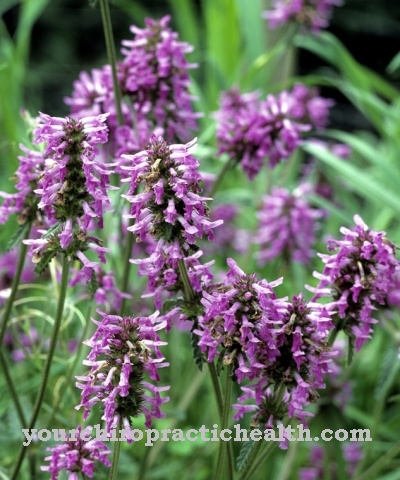
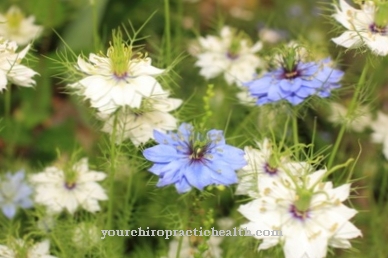
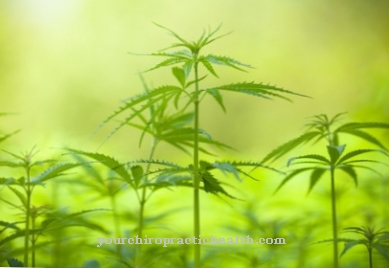
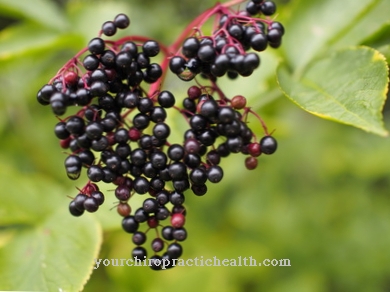
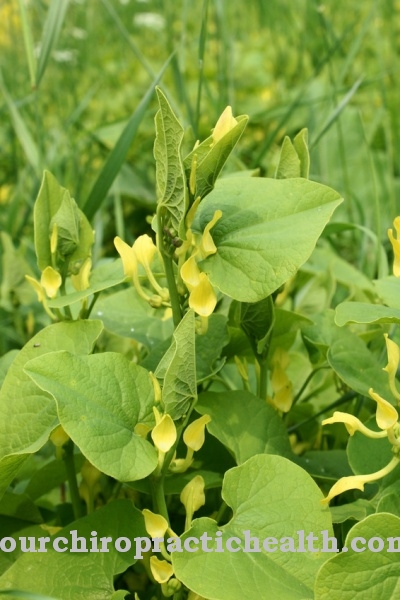
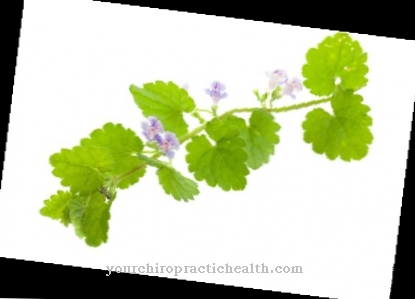

















.jpg)



